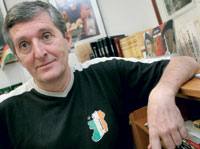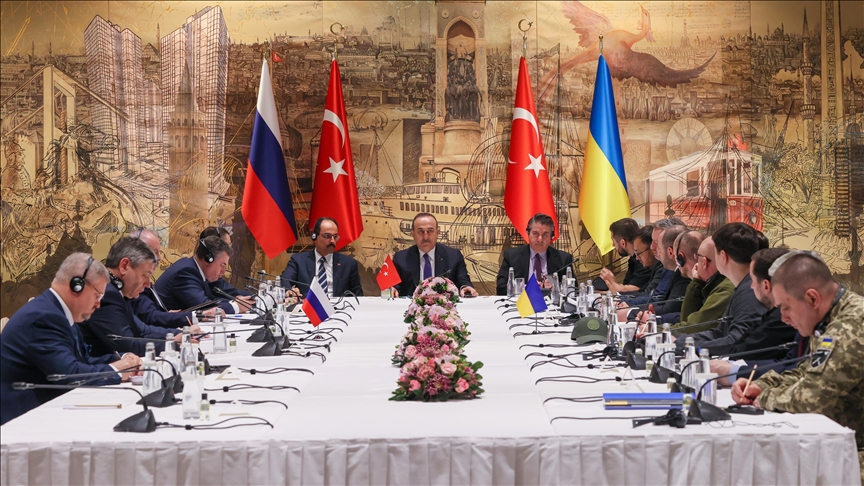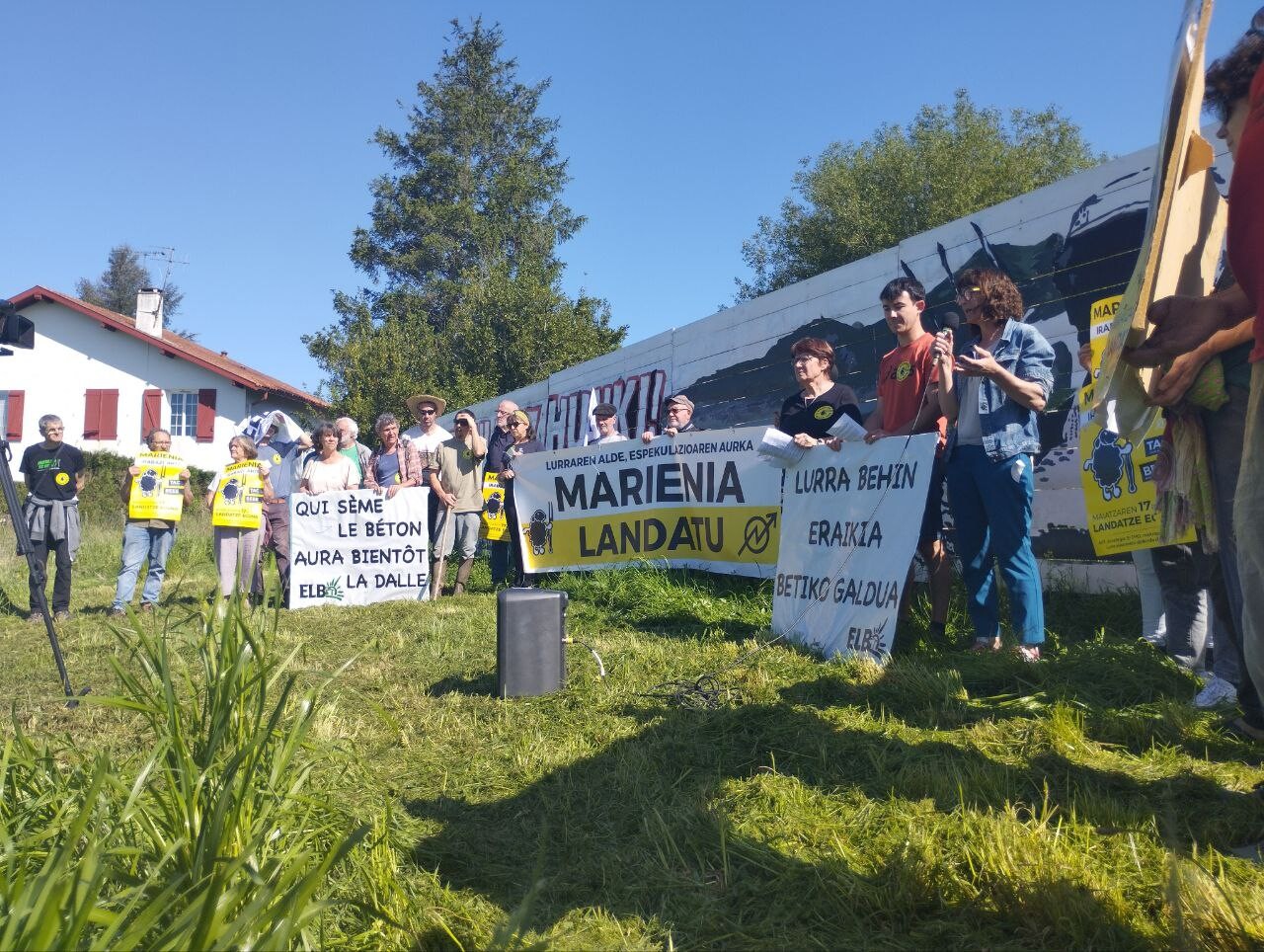“By declaring independence we are guaranteeing the diversity of the world”
- A time of beach and holidays, of suitcases and airports. And at airports, duty free, self-help books. Strengthen your self-esteem in ten steps, The Twenty-Five Miraculous Steps to Quit Smoking... You won’t find José Mari Esparza’s (Tafalla 1951) Cien razones por las dejé de ser español among them, although the title suggests a book of this kind. Because there's so much more. Political essay, history book, anecdotal... “Maybe this is a political synthesis of my life,” he explains. The book’s success requires an interesting life for the reader. It has been half a year since its publication and has reached its fifth edition.

Let’s start with the title of the book. Have you sought provocation? Some might even say it's a commercial...
Provocation, like humor and irony, is used to arouse the reader’s interest. In Navarre without pepper there is no “calderete”. Personally, I hate people and books that make you bored. What's a commercial? Maybe it is! But I wanted to keep the message very clear from the first line. I no longer have time to meddle with it.
From the title it can be deduced that José Mari Esparza was once Spanish.
It's obvious, isn't it? Like many Basque citizens, we were made Spanish. We didn't even know our names were Basque. And today, without consciousness, there is no nation. Our Spanish was very weak, it is true. However, we have had to work a long way to remove the old burden and adhere to the new consciousness. Despite the contradictions, my mother has been voting for the independentists for years; she once saw Arnaldo Otegi in Tafalla and said with two kisses: “Come here, you are the most beautiful in Spain” (Come here, you are the most beautiful in Spain).
History, personal experiences, oral tradition... The book does not reach 400 pages. I'd have asked you to do a lot of synthesis work.
We’ve heard, lived, sang and read a lot in an age, and what we write is usually autobiographical. Maybe this is a political synthesis of my life. But it’s not just mine: many people have had the same experiences and feelings and that would explain the success of the book.
You have also immersed yourself in the history of your family, going back about 200 years. You have a great political tradition as you see it at home.
The political tradition? Don't even think about it. of all families in the Basque Country. Shooting with the Carlists in the 19th century, like everyone else. Then to America, fleeing the quintas and the famines. It didn’t take much political tradition to not want to go to war in Cuba or Africa. They also walked in the riots to recover communal lands, like all the laborers. The village here and the lords there, there was no other tradition. Then the II. The Republic and the separation of the Basque poor by power: some Rojoseparatists, others Erreketes. With Francoism, the need again. Among them smuggling and extraterrestrial... Why have all the ordinary Basque families always walked the other side of Spanish law? Why have we not felt comfortable in this state for 200 years? Our parents did not deceive us, as Juaristi says. We opened our eyes, that's what it's all about.
From Carlism to Anarchism, have you sought to give a broad vision of patriotism?
Basque carlism and Basque anarchism tried to make the “other” feel comfortable within Spain. The same was true of the Basque liberal Foralists, the Masons, the Republicans, the Communists... They were not patriots, but they demanded a special status for the four provinces. For example, in 1936 the Popular Front of Navarre called for the Statute. But all kinds of attempts failed, “forever” against Spain, even paying well for the skin, because there is no “other” Spain. Our patriotism is the result of all these failures. The only road we have left.
The reasons range from sentimental to more practical – administration, economics... The first one weighs more than the second one.
We are patriots with a lot of feelings. The desire for freedom is a great feeling, and even greater is the hatred of those who deprive us of freedom. Even if we were kissing, we would declare independence. High, we also have to draw accounts – as the Catalans do – so that non-patriots know how well we will live here. In the social, economic, human rights, health, education... The Basque Country has great opportunities to be free. One day many sectors that are Spanish today, if they use the calculator, will become more independent than us. Test the time. But first, the idealists must open the way.
The book is an exercise in denial of Spanish. But even if they agree to this denial, often the same people do not agree to support something else, such as independence.
We have been seriously affected by Spanish, by the right wing physically and by the left ideologically. Franco’s “Principios Fundamentales” and El País’s style book have the same objective in relation to the Basque Country: to keep us tied to the yoke. This must be denounced by breaking the last false bridges with Spain. It is more difficult to agree at home on the terms of independence or the means of arrival. But this has always happened: The largest pro-Spanish demonstrations took place in Havana on the eve of Cuban independence. And there were the “autonomists” and those who demanded “amejoramiento” (sic)... Then, the next day, no one remembers it. Our disagreements today are included in the classic scripts for liberation.
In the chapter The Best for Them, you say that the citizens of Spain will be the ones who will benefit the most from independence. I don’t know if they see that very clearly.
The fascists said that “Spain is an empire or not”, and it was with this ideological pillar that Spain was built since the beginning of the Castilian expansion. First, of course, they left their population in extreme misery. “Miserable Castilla / yesterday dominated, wrapped in your rags / desprecias cuanto ignoras” (Miserable Castile / yesterday the main, wrapped in your rags / disdain the unknown). Machado couldn't have said it more clearly. Spain has always needed an enemy to build its identity in front of it: Moors, Indians, Jews, Moors, anarchists, Freemasons, Rojoseparatists and now Basque patriots. Today, any individual from Extremadura will tell you that their biggest problem is Basque separatism and not the latifundio of the Duchess of Alba. The Spanish people are imprisoned because Spain is a jailer. “The unity of Spain” is the motto of all the fascists, the eternal monarchy, the church, the army and the support of the aristocracy. This is also why this Spain must be broken, in order to help the Spanish people.
In Nuestro derecho you say that the signs of the idiosyncrasy of the Basques are found even in the smallest areas of life. How is this sustained in this globalization that we live in?
In the face of globalization, idiosyncrasy is becoming a high value. The agreements adopted by UNESCO first and then by UNU to guarantee cultural diversity are proof of this. The world is very concerned about the ecological and cultural desert that is coming and that is where we small towns have the opportunity to enter the spoon in the debate. The Catalan philosopher Ulises Moulines has just said that nationalism is the ecology that belongs to the peoples, because it is necessary to save the peoples and the languages, just as it is necessary to save the Amazon or the whales. This is why nationalism is a positive and humanist, internationalist value, because it defends the rights of all to live like ecology. This should not be confused with hegemonism – like that of Spain – because it denies the right to live in others. By declaring the independence or “non-dependence” of all small populations, by claiming the rights of our language, we are guaranteeing the diversity of the world and placing the Basque issue very well within the debate of humanist globalization. More than ever, our local interests are combined with interests around the world. We are in fashion, no doubt, the reason is on our side and we must enter this debate with enthusiasm and confidence.
To end Reason 101: Children. Let’s say they find reasons to be Spanish. To do what?
Nothing at all. This would mean that the previous husband, the donkey, who caused the abuse and kept us in his house by force, has completely changed, has become attractive, adorable... If Spain manages to make the new Basques feel comfortable in themselves, bapo! However, more than fifty of the nation’s wives have left Spain, and none have regretted it. He's a very poor lover; that's his helplessness. It does not create love. He has conquered us violently, militarily, but he does not know how to conquer our heart.
The whore’s monologue in the madhouse
- The author(s): Franca Rame and Dario Fo.
- From the translator: Assisted by Xabi Martinez De Lezea.
- The actor is: Assisted by Laura Penagos.
- When: April 12th.
- In which: At the Atxulondo Cultural Center in... [+]





















